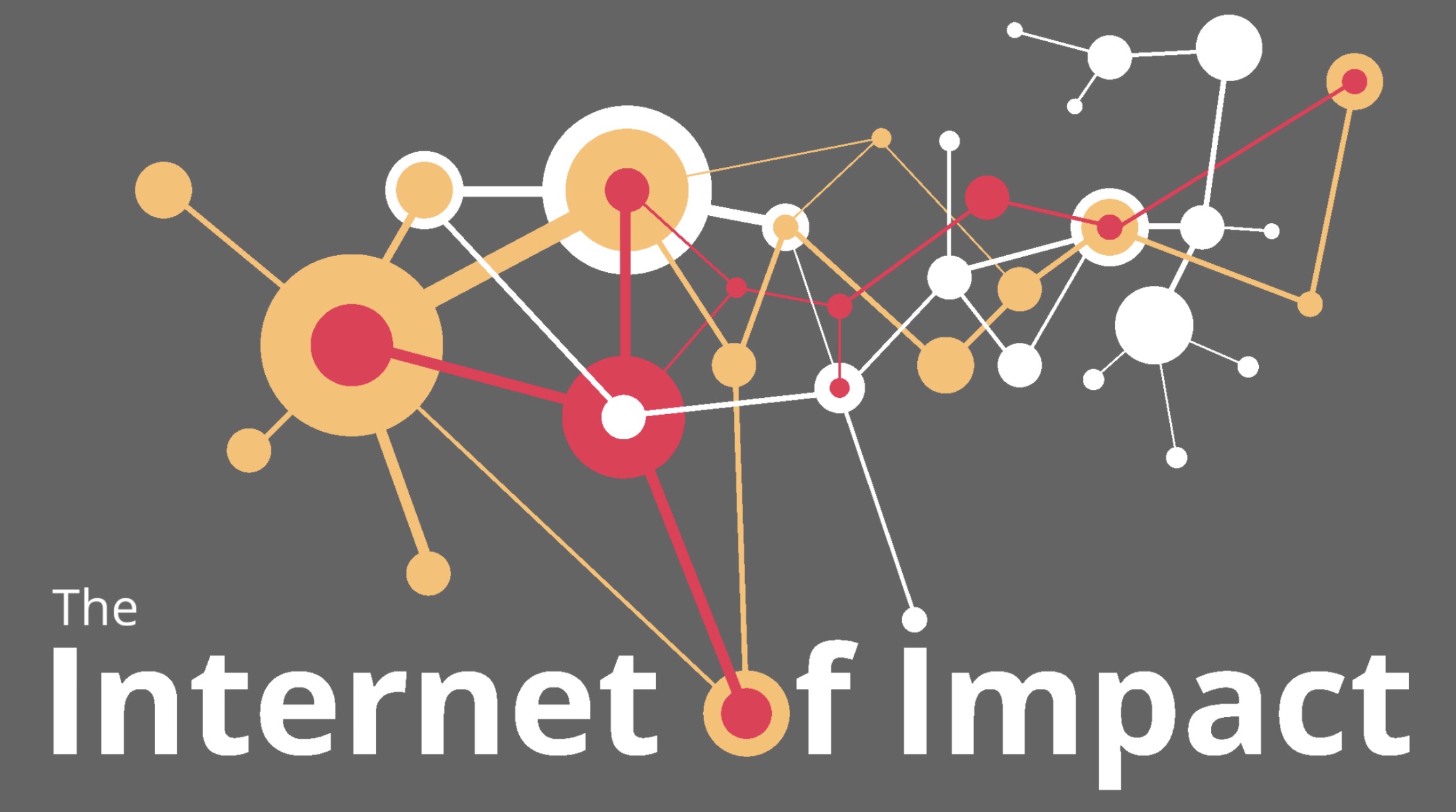
The Aggregate Confusion Project at MIT has done a great job of analysing why there is a tremendous divergence between different sources of impact data (sustainability data). They conclude that the biggest contributing factor is that different people fundamentally measure impact in different ways. Furthermore, people organise the various attributes according to different scopes, and assign different weights to each attribute. These three categories of measurement, scope, and weights provide a good starting point for fixing the problem.
I recently published an academic paper entitled Pain Spots and Opportunities Regarding Environmental, Social, and Governance (ESG) Data. The paper outlines how we can take advantage of next generation web protocols, and re-think how we work with impact data in order to make it more interoperable – and more useful. The paper studies academic literature as well as examples in praxis (featuring the 3A Model by the China Alliance of Social Value Investment). The paper concludes by proposing a three tiered data construct, which corresponds to the three parts of the data problem identified by the Aggregate Confusion Project.
I refer to the new three tiered data construct as the 1n∞ model (pronounced “innate” model).
Abstract of the paper
All economic activity has an impact on society and the environment. Better knowledge about these non-financial consequences is being increasingly required of company managers, finance sector professionals, regulators and public policy makers, and ultimately by individual people when they purchase everyday items. However, relevant information is not universally available at the point of making critical decisions because the reporting of non-financial data is laborious, costly, and time consuming.
This paper introduces a new data science construct, referred to as the 1n∞ model (pronounced “innate” model), to harness linked data protocols for distributed data. It shows that meaningful analysis of non-financial information (environment, social, and governance data/ sustainability data/ impact data) could be easy, accessible, and real-time.
The industry of non-financial data could be disrupted by an “Internet of Impact”.

The paper has been translated into Chinese by the China Alliance for Social Value Investment (CASVI) and included in their annual “Blue Book of Sustainable Development”. You can read about the launch on 8 Jan 2021 in Beijing, and how to obtain a copy of the Blue Book here (Chinese language website).
